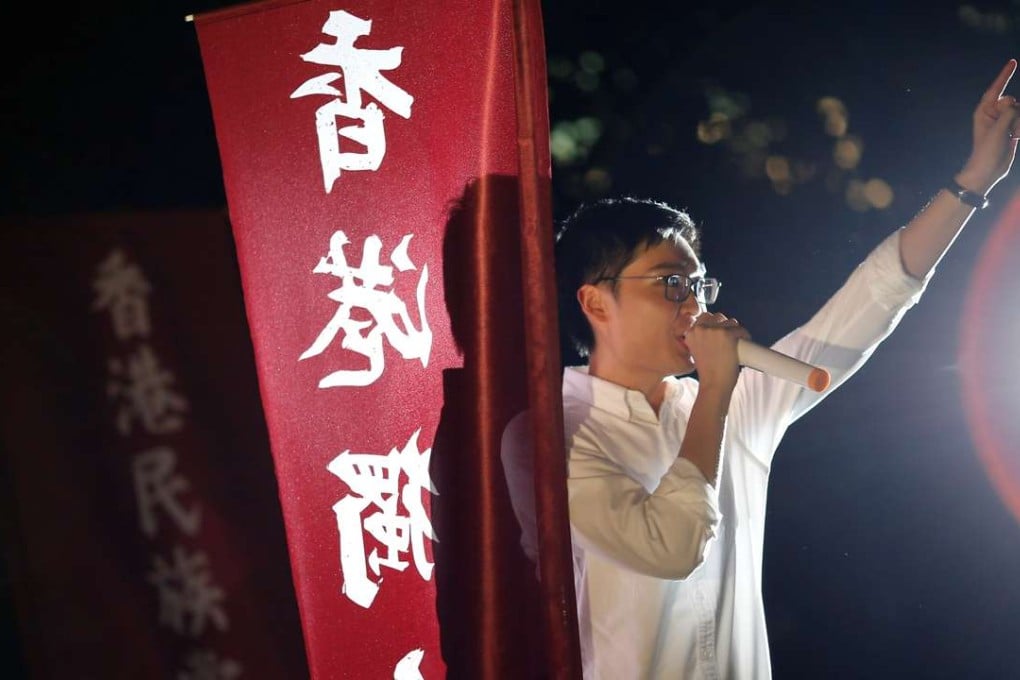Declaration form for Legco election is both unnecessary and illegal
Sherif Elgebeily says the Electoral Affairs Commission runs the risk of being seen as suppressing dissent with its decision to bar a localist candidate from running

The pledge to uphold the Basic Law is a fundamental part of the eligibility for candidacy, as outlined on the nomination form; it is for this reason that the ineligibility of Democratic Progressive Party of Hong Kong’s Yeung Ke-cheong – who refused to sign the nomination form itself – is legally valid.
‘I was disqualified’: second Hong Kong localist candidate barred from running in Legco elections
Should Chan have been disqualified?
On one level, the additional declaration form is obsolete, as it simply duplicates existing obligations. Worse, it also appears to contravene both the rule of law in Hong Kong and the Basic Law in its effect.
First, there is no legal basis for the demand of an additional form, and the invalidation of candidacy on these grounds is beyond the powers of the commission. Any reference to such a form is absent in the law governing the election procedure; moreover, an exhaustive list of requirements for nomination is provided for under Section 40 of the Legislative Council Ordinance. Any legally enforceable declaration or criteria for the nomination of individuals would require amendments of the existing law, a path which has not been followed.
The commission has no absolute power to create new law
The commission has no absolute power to create new law. The form is also undermined by the commission’s own guidelines, which make mention of five explicit criteria for eligibility of nomination. They do not include the submission of a declaration form. These paradoxes raise alarm over the rule of law in Hong Kong, notably the separation of powers between government bodies and the supremacy of the law in an administrative context.